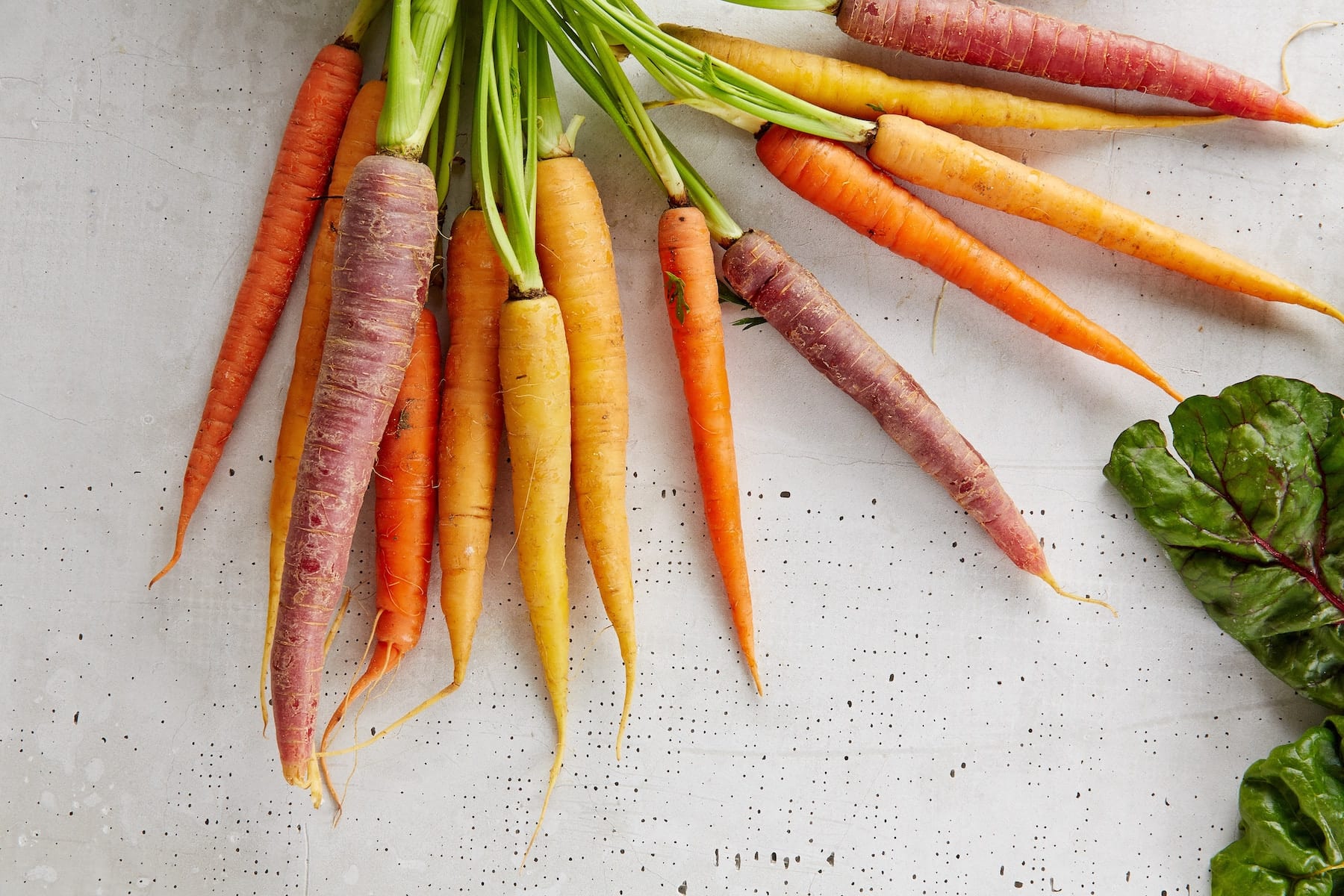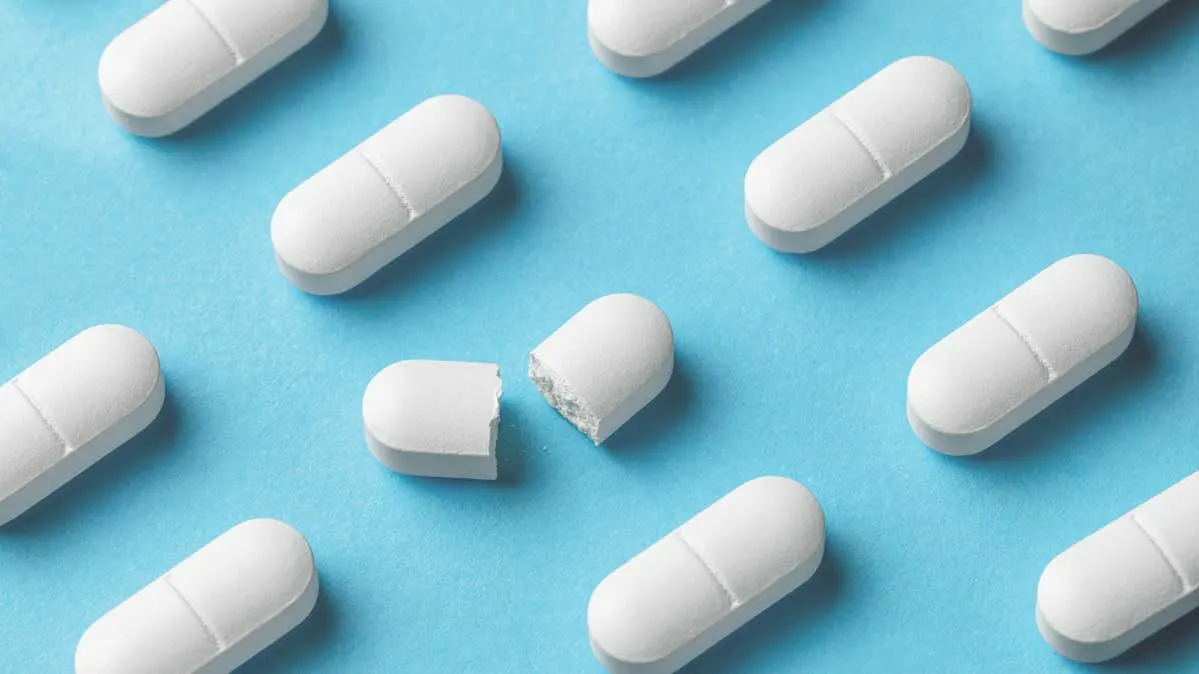Are you overwhelmed by the amount of information on managing your menopausal symptoms or confused about which way to go?
I am going to keep it simple for you today and give you my top tips that will help alleviate the main problems.
Firstly though, let’s understand what is happening.
Hot Flushes
As you enter menopause your body begins to produce less oestrogen, testosterone and progesterone, and this triggers many of the symptoms. Especially the ‘hot flushes’, probably the most widely experienced symptom, and the most annoying.
The body is an ecosystem, and every little thing affects every other little thing. Nothing happens without there being a downstream effect, and hormonal changes are a good example of this. When the level of these hormones drop, our temperature regulating hormones are also affected, causing excessive sweating and flushing.
Oestrogens promote vasodilation, heat dissipation and lower body temperature, whilst progesterone and progestins generally have the opposite effect.
Excess body fat
Oestrogen and progestin help regulate body fat storage and as our levels of oestrogen drop this often causes the body to store more fat, especially around our middles.
Dry Skin
Oestrogen helps with lubrication, keeping our skin subtle and moist, and as it declines lots of us notice certain ‘things’ becoming drier. Another annoying symptom.
Bone mass
Oestrogen also helps with the regulation of bone mass, and as the amount you produce declines, this can lead to osteoporosis (bone thinning).
Changes in Mood
Serotonin, our feel-good hormone, works hand-in-hand with oestrogen to regulate our mood, and yes, you guessed it, as oestrogen begins to decline, so does the level of serotonin leaving us feeling not quite right. Grumpy, cranky and snappy.
So, what can we do to help alleviate some of these symptoms?
- Avoid alcohol, spicy foods, caffeine, and smoking.
- Avoid free flowing fats, (olive oil, coconut oil, butter, and veggie oils) and fatty foods.
- Stay cool, sleep with a fan.
- Eat cold white potatoes, baked in the oven or air fryer without oil or fat.
- Take 3 tablespoons per day of flaxseeds – spread throughout the day. We recommend you grind the flaxseeds in a blender or bullet, and you can make two days’ worth at a time but no more as the exposure to air makes them go rancid.
- Take 1 scoop of the Flourish ‘daily detox’ blend after dinner every night, especially for the hot flushes. This is absolutely THE best antidote.
- If you are looking for the most optimal outcome then we recommend you take a combination of the ‘daily detox’ and ‘anti-inflammatory’ together after dinner, especially as the whole process of menopause can cause inflammation.
Please visit here for more information on our Daily Detox Blend & Anti-Inflammatory Blend.




